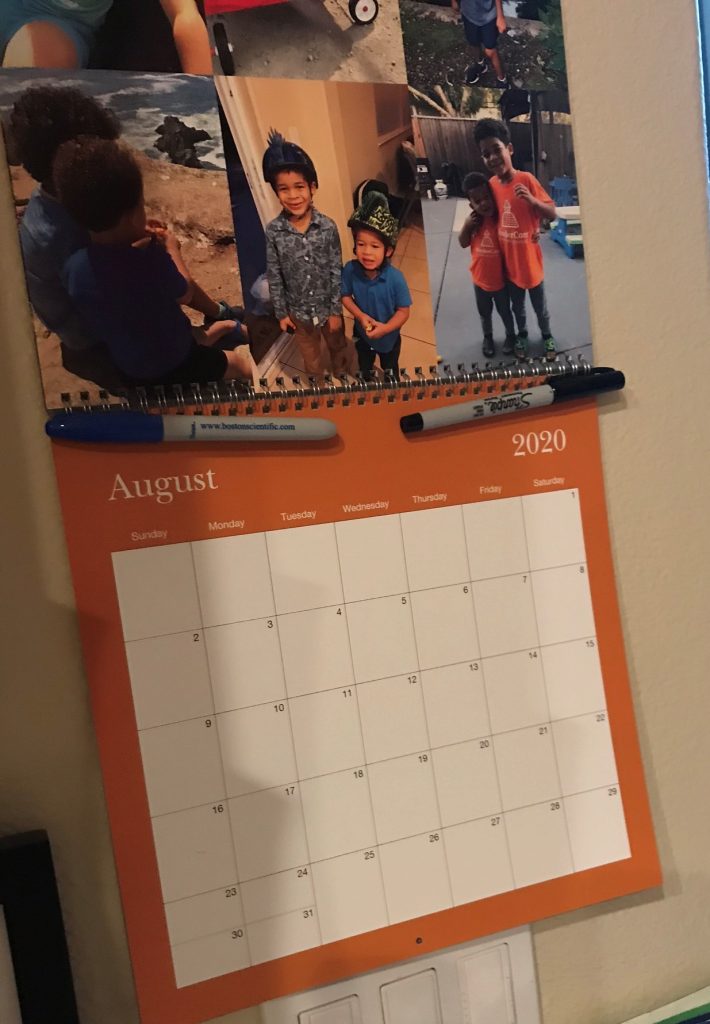Hello Hello,
It’s been a wild week around here to say the least. I’m personally excited to have Thanksgiving around the corner – the time off for the holiday will allow us to put a pause on the juggling act of work and home life.
As a current Petaluma resident, I have to share Emmanuel Acho’s “A Conversation with the Police – Uncomfortable Conversations with a Black Man – Ep 9”. Emmanuel sat down with the Petaluma police department and had a real conversation about the state of policing today, the Black Live Matter movement, and how the department feels about “defunding the police”. Here’s the episode: A Conversation with the Police – Emmanuel Acho
I have to acknowledge my privilege when it comes to interactions with the police in that I’ve personally never felt fearful or threatened. I remember a real ‘wake-up’ moment for me about 5 years ago. My husband and I were on our way somewhere (late per usual), and my husband had the audacity to drive the speed limit! I was so irritated, I said something like, “seriously, push the pedal!” And his response was, “maybe you can risk getting pulled over, but I can’t.” Oops… I will never forget that moment. It was a paradigm shift to realize how people of color have to navigate the world.
I love when Emmanuel says “proximity breeds care and distance breeds fear.” It’s true that when someone seems so ‘foreign’, it’s really hard to start from a place of empathy in our interactions. Aiko touches on this concept as well (see previous post). I can’t recommend that Dare to Lead episode enough. It. Is. Pure. Gold.
Happy Thanksgiving to everyone!
#blacklivesmatter #courageousconversations #powertoprivilege
-Jessica

